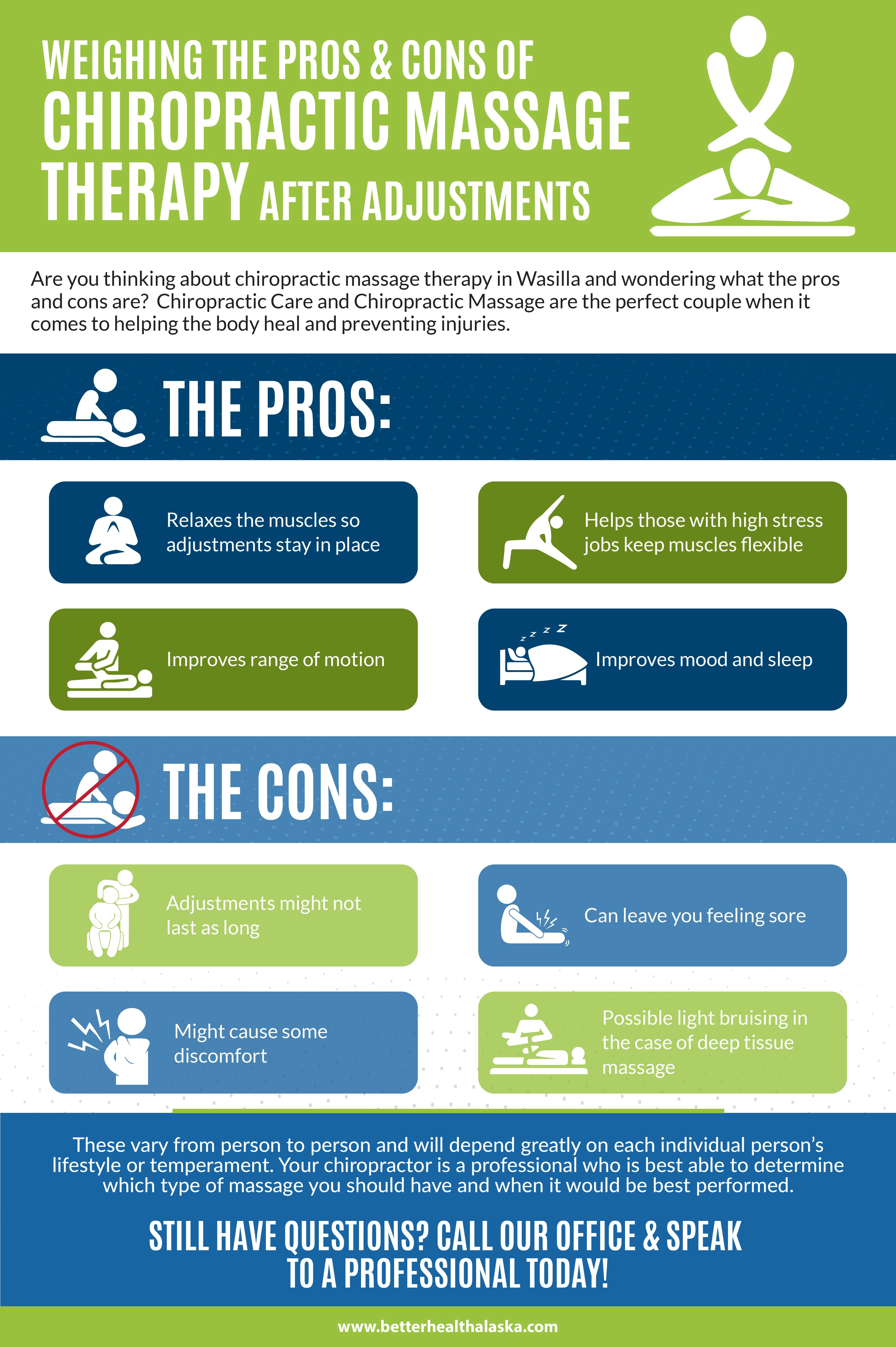The Duty Of Nourishment In Neck And Back Pain Monitoring: Foods To Consume And Prevent
The Duty Of Nourishment In Neck And Back Pain Monitoring: Foods To Consume And Prevent
Blog Article
Post Developed By-Cochrane Hardin
When it pertains to handling your neck and back pain, the food options you make can dramatically impact just how you really feel every day. Visualize being able to alleviate your discomfort merely by readjusting what you eat. By recognizing the role of nutrition in pain in the back monitoring and knowing which foods to include or steer clear of, you can take positive actions towards a much healthier and extra comfortable way of life. Keep Reading in between nourishment and back wellness is a lot more profound than you may recognize-- allow's check out exactly how particular foods can either calm or intensify your back pain.
Significance of Nutrition in Pain In The Back
Nutrition plays an essential function in handling pain in the back. how long does lower back pain last can dramatically influence swelling levels and overall pain levels in your back. Consuming a balanced diet plan abundant in nutrients like vitamins D and K, calcium, magnesium, and omega-3 fats can help in reducing inflammation and enhance bones, which are important for back wellness.
Additionally, preserving please click the next website page and balanced weight via correct nutrition can minimize anxiety on your back, reducing the threat of pain in the back.
Additionally, particular nutrients like antioxidants located in vegetables and fruits can aid battle oxidative stress and anxiety and advertise healing in the body, including the back muscles and back.
On the other hand, taking in extreme quantities of processed foods, sweet drinks, and unhealthy fats can add to swelling and weight gain, exacerbating back pain.
Foods to Consume for Back Health And Wellness
To sustain a healthy and balanced back, integrating nutrient-rich foods right into your day-to-day dishes is essential. Consisting of foods high in antioxidants like berries, spinach, and kale can help in reducing swelling in your back, alleviating discomfort and pain. Omega-3 fatty acids located in fatty fish such as salmon and mackerel have anti-inflammatory homes that can benefit your back wellness.
Additionally, taking in nuts and seeds like almonds, walnuts, and chia seeds provides important nutrients like magnesium and vitamin E, which support muscle function and lower oxidative stress and anxiety. Including lean healthy proteins such as chicken, turkey, and tofu can help in muscle mass repair work and upkeep, promoting a strong back.
Do not forget to consist of milk or fortified plant-based choices for calcium to support bone health and wellness. Lastly, moisten with a lot of water to maintain your spinal discs moistened and operating optimally. By consisting of these nutrient-dense foods in your diet plan, you can nurture your back and support general spine health.
Foods to Avoid for Pain In The Back
Opt for staying clear of processed foods high in added sugars and trans fats when looking for relief from neck and back pain. These kinds of foods can add to swelling in the body, which may intensify pain in the back. Say no to sweet treats like candy, pastries, and sugary beverages, in addition to convenience food items like burgers, fries, and fried chicken that are commonly loaded with trans fats.
Furthermore, steer clear of foods including high levels of polished carbs, such as white bread, pasta, and breads, as they can spike blood sugar levels and possibly aggravate inflammation in the body.
It's also smart to limit your intake of foods high in hydrogenated fats, like red meat and full-fat milk items, as they can add to swelling. Refined foods like deli meats, chips, and packaged snacks are often high in hydrogenated fats and must be consumed in small amounts.
Conclusion
Finally, taking note of your diet plan and making wise food selections can have a considerable effect on handling back pain. By incorporating nutrient-rich foods like berries, fatty fish, nuts, and lean healthy proteins, and preventing processed and sugary items, you can help reduce inflammation and support generally back wellness. Remember, what you eat plays a crucial duty in just how you feel, so see to it to prioritize your nourishment for a healthier back.
